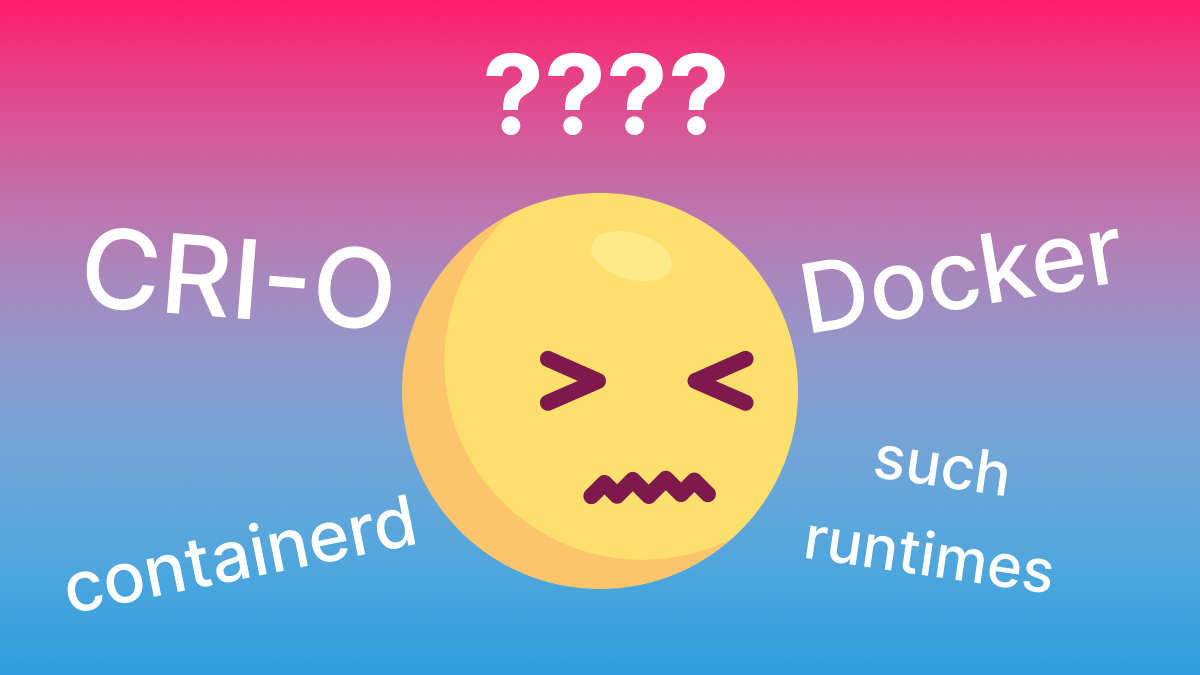- Joined
- May 17, 2014
- Messages
- 3,611
The last few posts is one reason why I stayed away from the whole Docker thing. About 2 years ago the place where I worked started more serious deployment of Docker stuff. But, all I have to do is keep the OS & hardware running. Someone else keeps the app running, (Docker in this case). So I got to ignore Docker.
I guess what I learned is;
Docker front end - which could be replaced by another program
Docker engine - this runs Docker containers, also could be replaced
Docker container - not the end all, and could be replaced by a different container
Guess what was so confusing, is that their is no simple standard for Linux containers.
I guess what I learned is;
Docker front end - which could be replaced by another program
Docker engine - this runs Docker containers, also could be replaced
Docker container - not the end all, and could be replaced by a different container
Guess what was so confusing, is that their is no simple standard for Linux containers.

